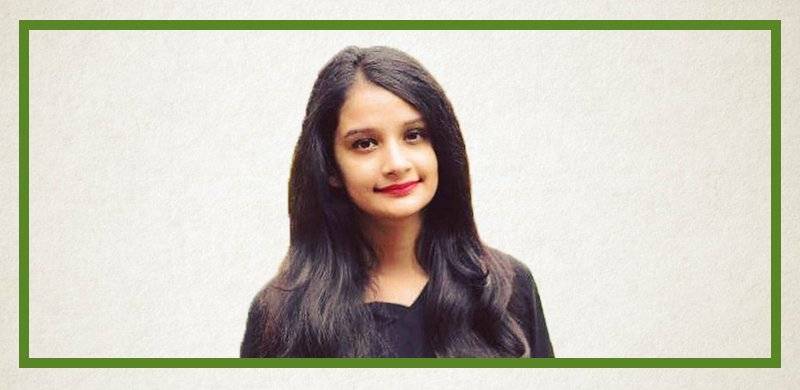
The term 'biased journalism' is liberally used these days to express disapproval of media's coverage of political issues. Journalists in Pakistan who are critical of the government find themselves at the receiving end of smear campaigns on social media often amplified by accounts of government officials. 'Biased journalists', 'fake news', 'yellow journalism' are some of the terms I read at least 50 times a day in my inbox and comments under articles and videos on this platform. While Pakistan Tehreek-e-Insaf (PTI)’s intolerance for criticism is well-known, this attitude is not limited to the ruling party.
Journalists who report or comment on any given issue are expected to represent 'both sides of the story’. Meaning that a journalist is not supposed to have a judgement or opinion of their own. This burden of maintaining 'neutrality' that is placed on the shoulders of journalists is unrealistic and sometimes unfair -- particularly in an era of repression. Maintaining a 'balance' between two sides of the story, known in media studies as 'bothsidesism', prevents journalists from upholding the main principle of journalism: truth. In their quest for finding a 'balance', they are expected to overlook the merits and demerits of the stories they are reporting on.
Presenting a false balance not only degrades the truth, but makes it difficult for the audience to remain engaged in the conversation. In a country where governments are made and ousted by the 'unknown' running the show behind the curtains and people are killed for their views, how can one remain impartial? Impartiality in a country where political parties, media and judiciary are manipulated by the powers that be for desired results would mean closing your eyes to reality. It would mean being indifferent to the blatant disregard for rule of law and the constitution.
Journalists in Pakistan today are operating under a hybrid regime (a term proudly used by a pro-regime TV anchor himself), and it is all a carefully-constructed facade. Under such circumstances, showing 'both sides' for the sake of some false balance is tantamount to intellectual dishonesty. Journalists must therefore break free from the requirement to present 'both sides' and stand up for the truth by calling a spade a spade.
At Naya Daur Media, for instance, there are certain values that we aspire to uphold: democracy, human rights and the rule of law. We also actively editorialise against religious extremism which poses an existential threat to Pakistan. Those demanding neutrality would want us to report that extremist cleric Khadim Hussain Rizvi was a popular leader because he had a massive funeral. While his funeral did indeed draw large crowds, this kind of reporting would serve to whitewash his dangerous rhetoric that had claimed lives of religious minorities and progressive citizens. In spite of his significant following among the working and middle classes in Punjab, neutrality in this case is dangerous because giving coverage to the ideology of individuals who justify and incite violence may put lives at risk.
Similarly, our coverage of the Aurat March held earlier this month drew widespread criticism from misogynistic elements because we did not give space to the 'other side', which is represented by the likes of Khalilur Rehman Qamar. An openly misogynist man who has repeatedly misbehaved with women is invited to talk shows alongside women rights activists as a means to show 'both sides'. If pandering to hate for women is neutrality, then we are certainly better off without it.
How could you be ‘neutral’ during the fiasco that unfolded in Daska during the by-elections last month? Some of the polling staff handling the election went missing under mysterious circumstances, due to which the results were delayed. The missing officers were recovered 12 hours later and the official version of the event was that they couldn't make it on time because they were stuck in the fog(!). What does one make of it? Enforced disappearance of activists and human rights defenders is a routine occurrence in Pakistan, which is why the mysterious disappearance of election officers during the post-poll process could not have been read as anything other than a blatant attempt to rig the election results.
There was no 'other side' to this story.
In Daska, polling staff was picked up to tamper with the election results -- a fact later acknowledged by the Election Commission of Pakistan, that ordered re-poll in the constituency. In short, remaining 'impartial' while reporting such absurd happenings is simply not possible unless you want to become a member of the official publicity department.
Thus, in dysfunctional societies like our, demanding journalists to be impartial means asking them not to do what is meant to be their primary job i.e., standing up for the (complete) truth. Showing ‘both sides’ while covering issues such as abuse of power, human rights violations and religious extremism creates a moral void and feeds into the culture of impunity that afflicts the nation.
A journalist's duty is to tell the truth. Maintaining neutrality is the judges' job.
